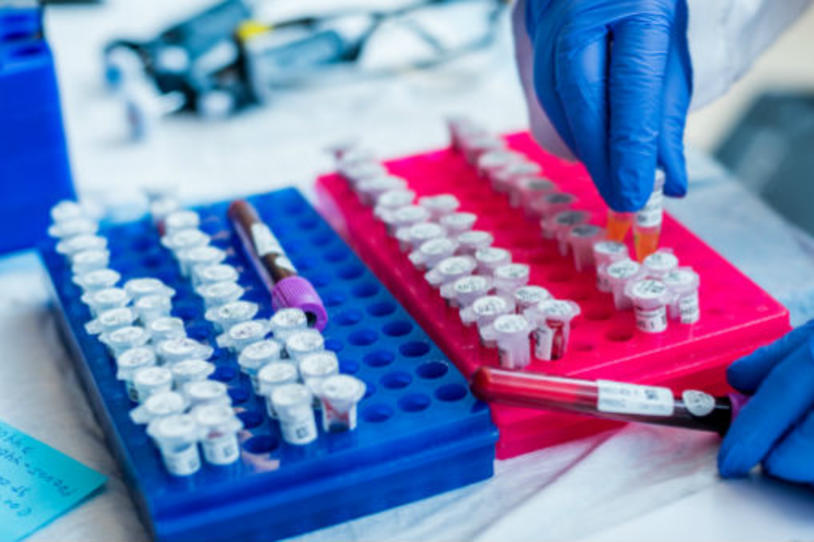
A new study finds that mutations in the LRRK2 gene -- a leading genetic contributor to Parkinson's disease (PD) -- also are linked to Crohn's disease, an inflammatory disease of the digestive system.
Researchers at the Icahn School of Medicine at Mount Sinai in New York City set out to find genetic changes associated with Crohn's disease. Crohn's is more common among people of Ashkenazi Jewish heritage, so the scientists compared genetic data from 2,066 people of Ashkenazi Jewish heritage who had Crohn's disease with 3,633 who did not have the disease.
The results, published in Science Translational Medicine, identified two previously unknown variations in the LRRK2 gene. One mutation increased a person's risk of Crohn's disease, and the other protected against it.
Changes in LRRK2 have long been associated with Parkinson's disease, which also is associated with inflammation and digestion problems. In fact, LRRK2 mutations have been strongly linked to PD among Ashkenazi Jews, contributing to 15 to 20 percent of cases, compared to one to two percent in the general population.
The researchers, led by Inga Peter, PhD, then expanded their study, analyzing many more variations in LRRK2 in a much larger sample of 24,570 participants, including people of varied ethnic backgrounds with Crohn's, Parkinson's and no disease at all. The newly discovered LRRK2 variations had the same effect in PD and Crohn's -- one increased risk and the other was protective. They also found an additional 25 LRRK2 variants that affected both Crohn's and PD risk, although to a lesser degree.
Ultimately, these findings may help explain the biology that underlies these two diseases, identify mutation carriers for research, and provide clues for developing new treatments. The Michael J. Fox Foundation has a robust LRRK2 portfolio: seeking to understand more about the changes associated with LRRK2 mutations and translate that knowledge to therapies for people with genetic mutations and, perhaps, the general Parkinson's population.
MJFF is funding Peter to investigate the LRRK2 connection between Parkinson's and another gastrointestinal disease: inflammatory bowel disease (IBD). Previous studies have linked LRRK2 and IBD, as well. The Foundation-supported project will look at existing studies (including the MJFF-led Parkinson's Progression Markers Initiative) for genetic commonalities and impact on PD of anti-inflammatory therapies.
Learn more about Parkinson's genetics and how research like this leads to therapies in our webinar.
_____
Elizabeth Hanson is a freelance science and medical writer.